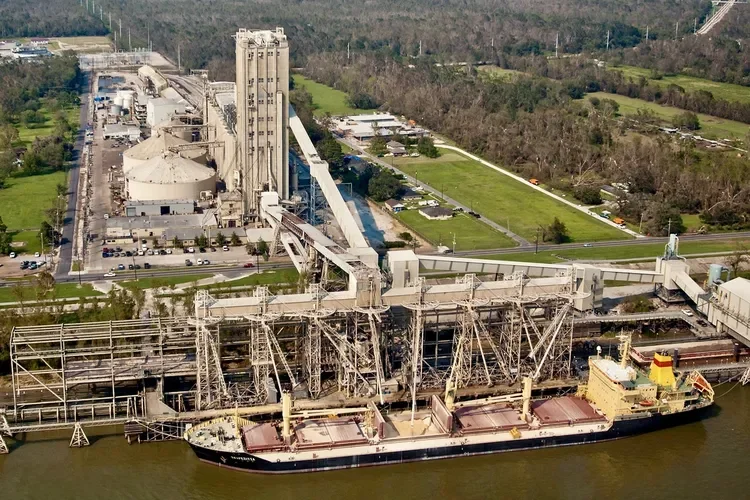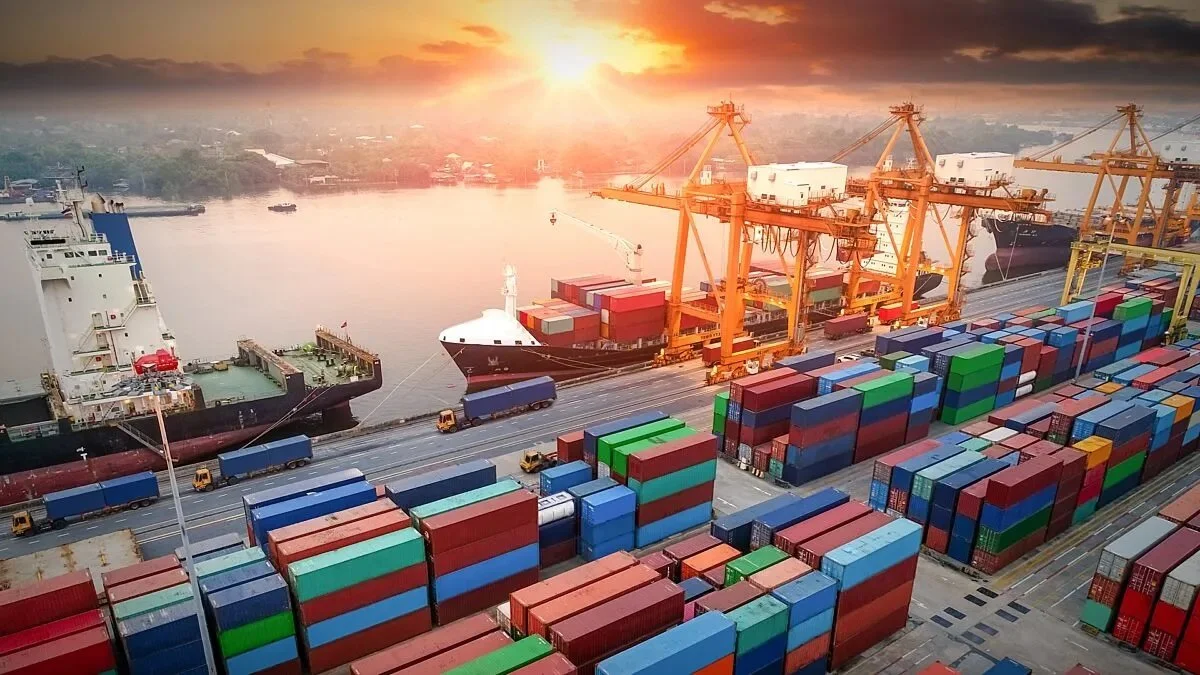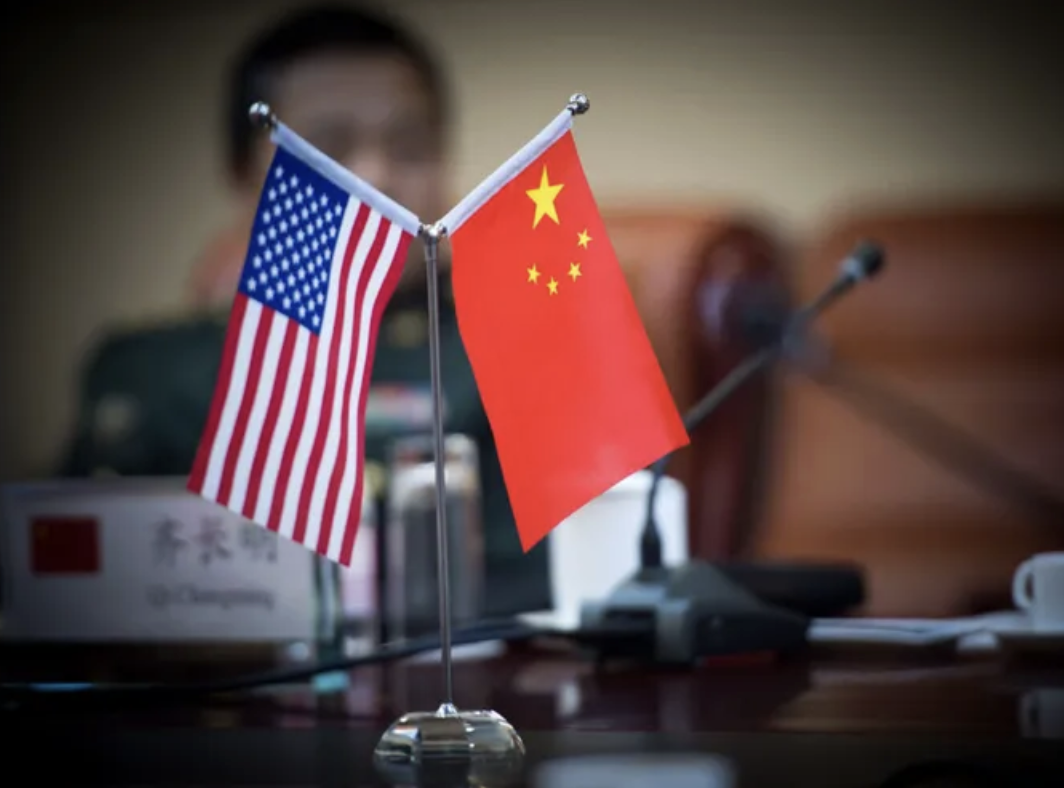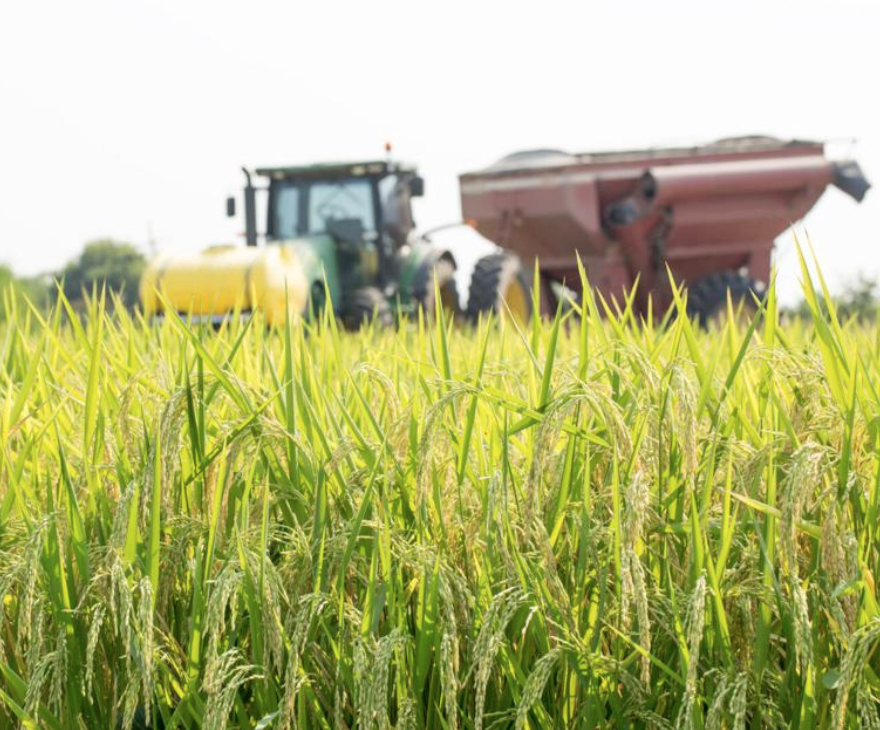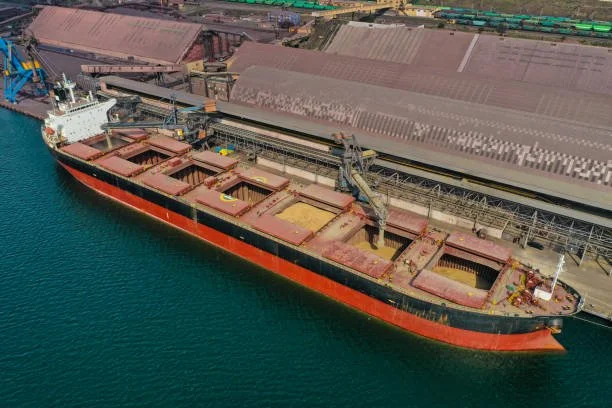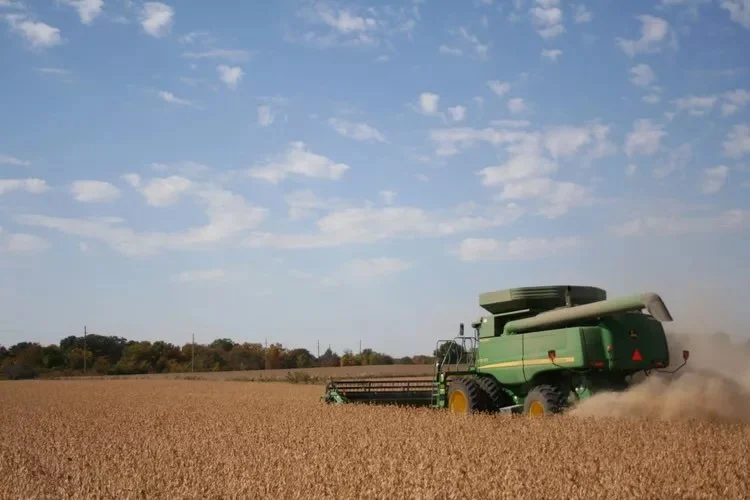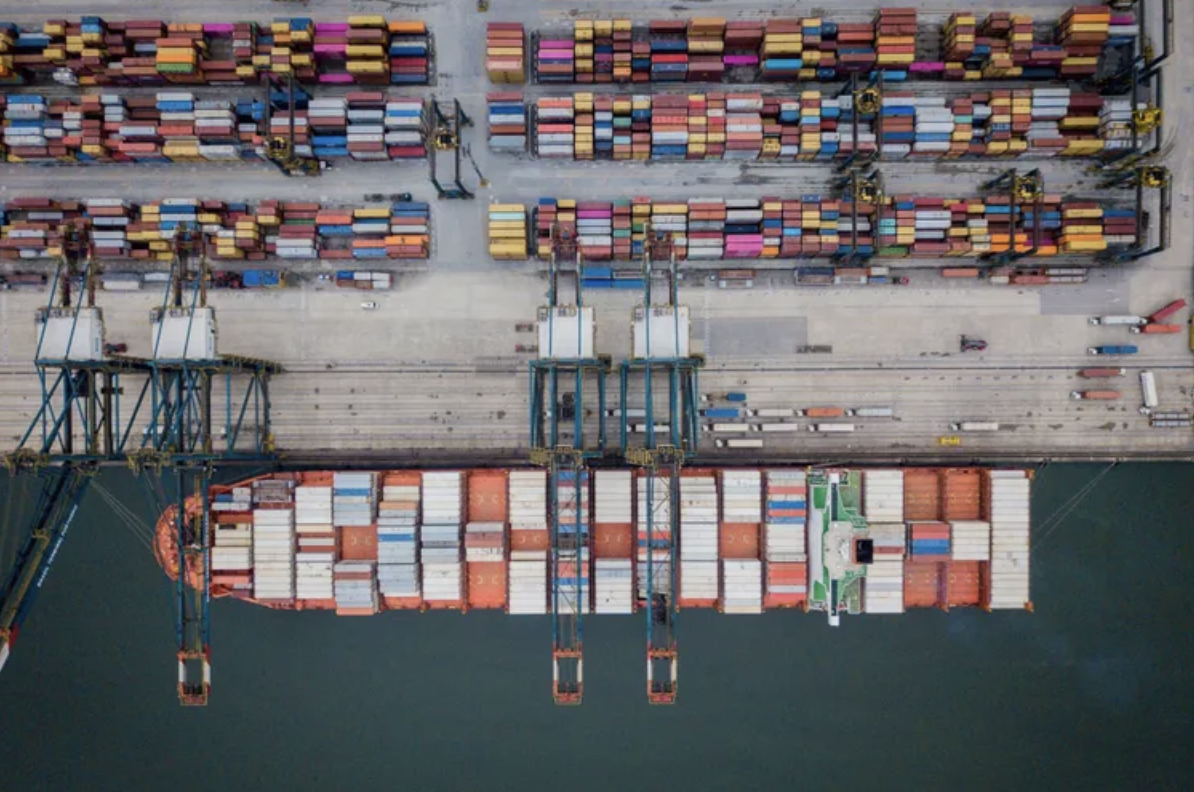USDA Awards $212 Million in Export Market Support to Farm Groups
This week, the USDA announced awardees for two of its export support programs.
The department’s Foreign Market Development (FMD) Program and the Market Access Program (MAP) are cost-share partnerships that help U.S. producers build and maintain a competitive presence in the global marketplace, according to USDA.
Read More
Soybean Prices Jump After Trump Says China Could Buy More US Soybeans
The soybean markets moved higher after President Trump posted on social media China might more buy more ag products, including 20 million tons of soybeans in the current marketing year.
Read More
China’s ‘No. 1 Document’ Pushes Grain Security, Agri-Tech Innovation
China will stabilize grain and oilseed output, diversify agricultural imports, and increase support for farmers, state media reported on Tuesday, citing a government rural policy blueprint aimed at ensuring food security.
Read More
China Says It Doesn't Need US Grain As Brazil Soybeans Pour In
China has moved to diversify its sources of grains in recent years and has shifted to buying more Brazilian soybeans.
Read More
U.S. Farmers Concerned With President Trump’s Threat of New Tariffs on EU Countries
President Donald Trump is threatening to impose additional tariffs of 10% on goods from eight European nations starting Feb. 1 if Denmark does not agree to sell Greenland to the U.S. Those tariffs will rise to 25% on June 1.
Read More
China Reaches 12 Million Ton U.S. Soybean Purchase Pledge
China has bought about 12 million metric tons of U.S. soybeans, fulfilling a U.S.-stated pledge to purchase that volume by the end of February, three traders told Reuters on Tuesday, after a late-October trade truce spurred buying.
Read More
Tariffs, Quotas And Registration Hurdles Limit US Beef Access To China
The head of the US Meat Export Federation says China’s recently announced tariffs on imports of beef are misguided. Dan Halstrom says the government is doing it to address inflationary pressures. “However, they should be looking at it from, in our opinion, let’s bolster consumer confidence in China,” he says. “Because there’s enough demand in China for all parties, Brazil, Australia, the US.”
Read More
USDA: Trump Tariffs Improved Trade Deficit, Will Boost US Ag Exports
The U.S. Supreme Court is expected to issue its decision on the legality of President Trump’s tariffs soon and USDA’s Under Secretary for Trade says he’s confident President Trump’s tariffs are appropriate.
Read More
Farm Payments Welcome, but Serious Solutions Required
Louisiana's agriculture producers are living in unsettled times. Tariffs, volatile markets, conflicts and more are creating uncertainties unlike any in recent decades.
Read More
Is There Room for Optimism in the Commodity Markets?
“It’s easier to be skeptical.” Is that true? Is it easier to be skeptical of usage estimates and trade agreements, or is it just the more popular thing to do? It’s important to question USDA’s estimates, but it’s also important to question consensus. And if consensus in the current market is skepticism, it might make sense to add optimism to your outlook.
Read More
Farm Groups React to FBA Payment Rates
Farm groups offered their gratitude after USDA announced the latest round of aid payment rates on Dec. 31, but commodity leaders said the Trump administration and Congress need to develop markets and pass policies to boost markets for crops as well.
Read More
Trump Administration Announces $12 Billion Farmer Assistance Program
Louisiana farmers experiencing financial pressure from declining crop revenues and high input costs will receive federal assistance through a $12 billion program announced by the Trump administration.
Read More
Market Conditions May Force Many Louisiana Farmers Out, Agriculture Commissioner Says
American farmers will receive billions of dollars from the Trump administration in the new year as they contend with trade wars, inflation and rising costs. But not all farms will benefit.
Read More
China Is Investing Billions in Latin America, Potentially Sidelining U.S. Farmers for Decades to Come
From the docks of the Port of Santos, a 58-terminal complex covering an area the size of 1,500 American football fields, ships loaded with soybeans prepare to set sail for China.
Read More
USDA Projects $37 Billion Ag Trade Deficit Next Year
The USDA is forecasting that the agricultural trade deficit will shrink in 2026 more than previously anticipated. Agri-Pulse said USDA expects the trade deficit to drop from $43.7 billion in fiscal year 2025 to $37 billion in fiscal year 2026. That’s according to the Quarterly Trade Forecast published last Tuesday.
Read More

